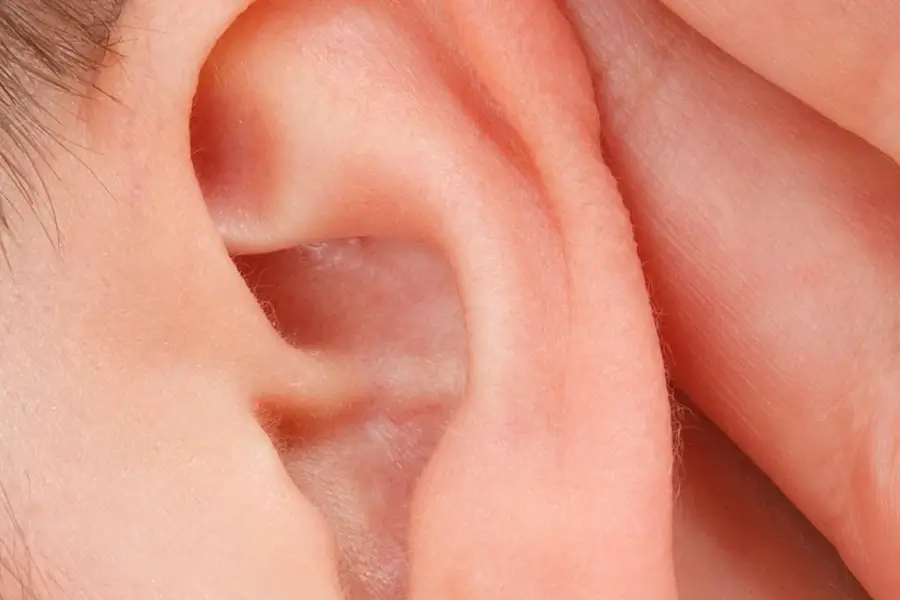Hearing loss does not directly cause dementia, but compelling evidence indicates a significant association between the two conditions. Here is the analysis:
Elevated Risk: Research indicates that individuals with hearing impairment, particularly those with moderate to severe levels, are more susceptible to acquiring dementia than individuals with unimpaired hearing. The chance of experiencing hearing loss is significantly higher for individuals with mild hearing loss, and it increases further as the severity worsens [1, 2].
Potential causes: The precise correlation is still under investigation. However, some hypotheses have been proposed:
Hearing loss can substantially influence the cognitive functions of the brain. Individuals with hearing impairment must exert additional cognitive effort to process and comprehend incoming auditory information.
The heightened cognitive burden might result in the brain reallocating resources from other crucial cognitive processes, such as memory, attention, and decision-making.
In individuals with typical auditory functions, the brain can effectively analyze and comprehend sound.
The brain’s auditory processing is sophisticated and involved, requiring the coordination of multiple neuronal pathways and locations. In individuals with typical auditory functions, the brain can effectively analyze and comprehend sound, facilitating a smooth integration of auditory information with other cognitive processes.
However, individuals with hearing loss have increased cognitive effort as their brain compensates for missing or distorted auditory information.
The additional brain resources needed to process sound can detract from other cognitive functions. The brain may need to reallocate a greater amount of its cognitive resources and focus on interpreting auditory stimuli, resulting in reduced ability for memory consolidation, problem-solving, and decision-making.
Consequently, people with hearing impairment may encounter challenges in these domains, which can affect their overall cognitive abilities and daily activities.
In addition, hearing loss can impact the brain’s plasticity, which refers to its ability to modify and rearrange neural connections. The absence of distinct and uniform auditory stimuli can result in alterations in the brain’s structure, perhaps leading to the redistribution of resources from regions involved in sound processing to other sensory modalities or cognitive processes.
Hearing loss can impose a substantial cognitive load on the brain, necessitating increased effort to comprehend auditory stimuli and compensate for missing information.
Research indicates that there may be a correlation between hearing loss and accelerated atrophy of brain regions responsible for auditory processing and memory.
The heightened cognitive burden can have extensive implications, potentially jeopardizing other crucial cognitive processes and affecting an individual’s overall cognitive capacities and daily functioning.
Social isolation can result from hearing difficulties, and this can increase the risk of dementia.
Research indicates that there may be a correlation between hearing loss and accelerated atrophy of brain regions responsible for auditory processing and memory.
Beneficial Effect of Treatment: Intriguingly, specific research has demonstrated that hearing aids can reduce the likelihood of developing dementia. This implies that addressing hearing loss could potentially be a strategy to mitigate the chance of developing dementia.
To summarize, hearing loss is a contributing factor to the development of dementia, while it is not the sole cause. Timely identification and intervention of auditory impairment could potentially have advantageous effects on cognitive well-being.
